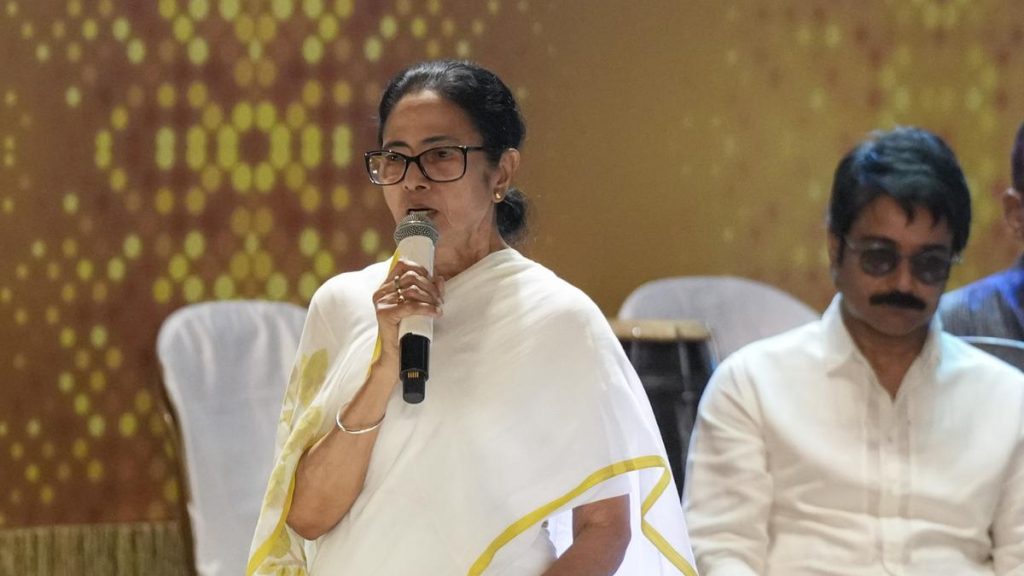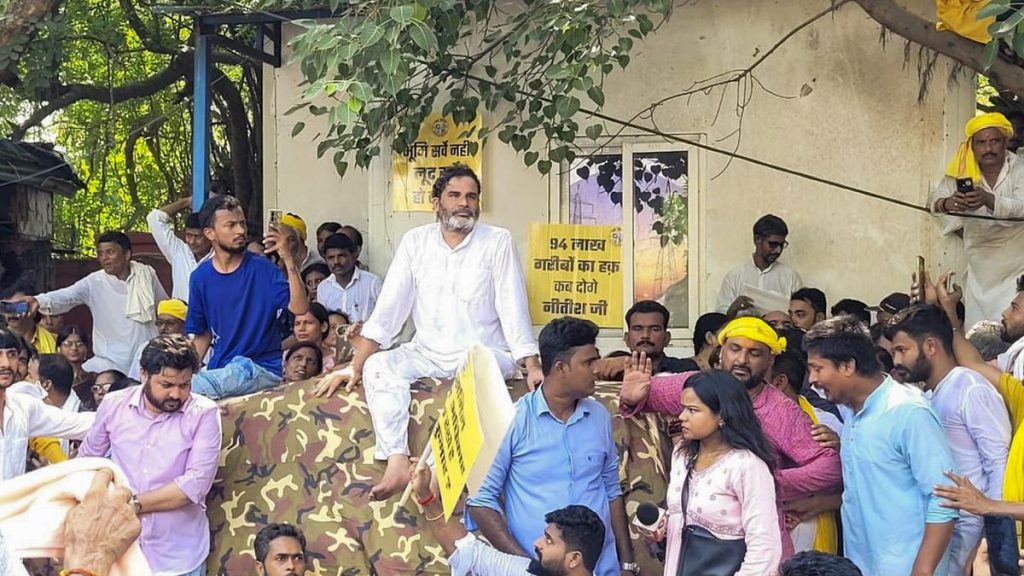Now Reading: Religious Leaders Don’t Take Criticism Lightly: Journalist Dinesh Amin Mattu
-
01
Religious Leaders Don’t Take Criticism Lightly: Journalist Dinesh Amin Mattu
Religious Leaders Don’t Take Criticism Lightly: Journalist Dinesh Amin Mattu
Rapid Summary
- Senior journalist Dinesh Amin Mattu spoke at the Press Day event hosted by Karnataka Union of Working Journalists (KUWJ) in Shivamogga.
- Mr. Mattu stated that journalists can easily criticize politicians in their reports but face stronger repercussions when criticizing religious leaders.
- He remarked that politicians rarely send legal notices to journalists, while religious heads often do, mentioning hundreds of YouTube channels facing legal issues recently for their content.
- he noted a disparity in freedom of expression, arguing that only politicians, businessmen, and religious heads truly enjoy this freedom, whereas voters and workers lack it.
- Shivamogga MP B.Y. Raghavendra shared his preference for reading newspapers over digital formats despite advancements in social media and new media platforms.
- Children of journalists who excelled academically and award-winning journalists were felicitated during the event.
- othre notable attendees included KUWJ State president Shivanand Tagadur, district president K.V. Shivakumar, and Karnataka State Government Employees Association president C.S. Shadakshari.
Indian Opinion Analysis
The observations made by senior journalist Dinesh Amin Mattu highlight critical challenges faced by journalism when addressing sensitive topics such as religion versus politics. His remarks underscore an apparent asymmetry where criticism toward political figures is met with less resistance compared to remarks about religious leadership-a distinction worth examining given its broader implications for press freedom.
Moreover, his comments on how different societal groups experience varying levels of free expression are meaningful as they draw attention to systemic inequities impacting democratic discourse. The concerns over legal notices targeting media outlets also raise questions about balancing accountability with safeguarding journalistic independence.
Meanwhile, MP B.Y. Raghavendra’s emphasis on print media amidst evolving digital spaces reflects enduring value placed on traditional platforms-a sentiment relevant both culturally and operationally at a time when media consumption is increasingly shifting online.
Read More: The Hindu
























